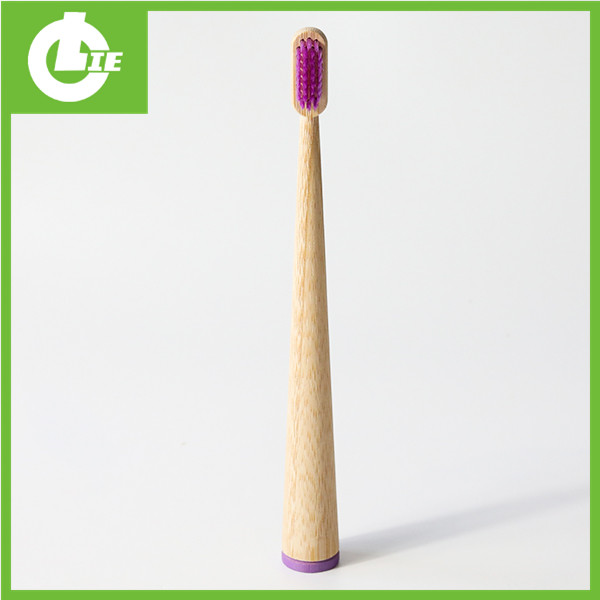What are the pros and cons of bamboo toothbrushes?
2023-10-18
Bamboo toothbrushes have gained popularity as an eco-friendly alternative to traditional plastic toothbrushes. They offer several advantages and disadvantages compared to plastic toothbrushes. Here are some pros and cons of bamboo toothbrushes:
Pros:
1. Environmental Sustainability: Bamboo toothbrushes are made from a renewable resource—bamboo—which is a fast-growing plant that requires minimal water and no pesticides. Bamboo is biodegradable and compostable, making it a more sustainable option compared to plastic toothbrushes that contribute to plastic waste.
2. Reduced Plastic Waste: Plastic toothbrushes contribute to the growing problem of plastic pollution, as they take hundreds of years to break down in the environment. By using a bamboo toothbrush, you can significantly reduce your plastic waste footprint and help protect the planet.
3. Biodegradability: Bamboo toothbrushes are biodegradable, meaning they can naturally break down over time without leaving behind harmful microplastics. This reduces their impact on landfills and ecosystems.
4. Natural and Renewable Material: Bamboo is a natural material that does not require the same energy-intensive manufacturing processes as plastic. It is also a renewable resource that can be sustainably harvested without causing deforestation.
Cons:
1. Bristle Material: While the handle of a bamboo toothbrush is typically made from bamboo, the bristles are usually made from nylon or other synthetic materials. Most bamboo toothbrushes currently on the market use nylon bristles because natural bristles do not provide the same level of dental hygiene. However, the presence of synthetic bristles means that the toothbrush is not entirely plastic-free or biodegradable.
2. Bristle Removal: Removing the bristles from a bamboo toothbrush before disposal can be a bit challenging. The bristles are typically attached to the handle with adhesive, and separating them for proper waste disposal requires some effort.
3. Availability and Cost: Bamboo toothbrushes may be less readily available compared to plastic toothbrushes in some areas. They can also be slightly more expensive due to the higher cost of sustainable sourcing and production. However, their availability and affordability have been improving as the demand for eco-friendly alternatives increases.
4. Personal Preference: Some individuals may find the feel or texture of a bamboo toothbrush different from what they are accustomed to with a plastic toothbrush. It may take a short adjustment period to get used to the switch.
It's worth noting that not all bamboo toothbrushes are created equal. Look for bamboo toothbrushes with bristles made from BPA-free nylon and choose brands that prioritize sustainable practices and packaging.



